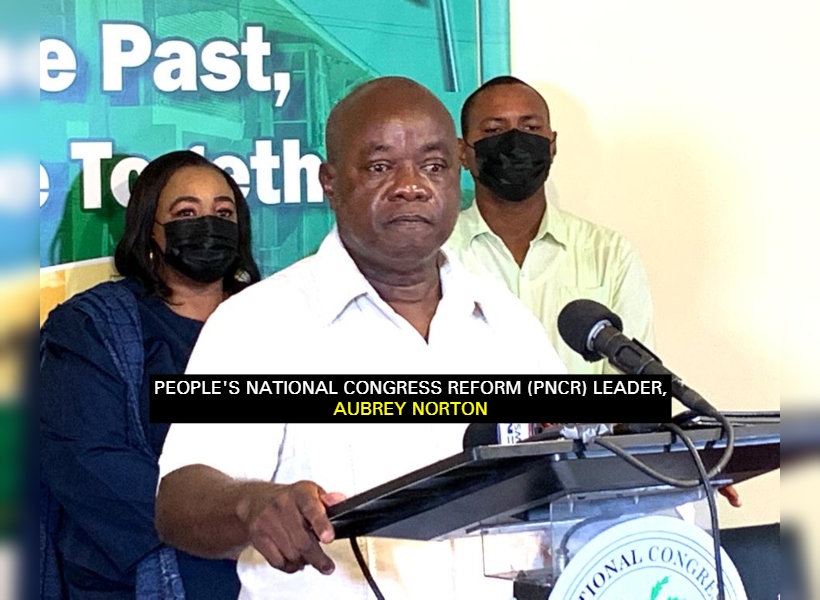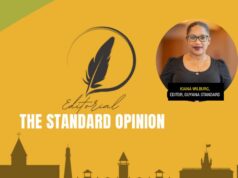Newly elected People’s National Congress Reform (PNCR) Leader, Aubrey Norton says that an analysis of A Partnership for National Unity (APNU) is imminent. This process, he said, during a “State of the Nation” programme on Sunday, will be done at the level of the Central Executive Committee. His disclosure comes a little over a week after he emerged as PNCR’s Leader in a landslide victory securing some 967 of the total 1, 282 votes during the party’s 21st Biennial Congress. Norton received more votes than former Minister and current Leader of the Opposition, Joseph Harmon (245 votes) and Dr Richard Van West-Charles (64 votes), the son-in-law of the party’s founder and former Head of State, L.F.S. Burnham.
Norton said that while he acknowledges that the PNCR is the “strongest party” within the APNU, his intention is to “treat all members of the Coalition with respect; listen to their views and to work with them.” The former University of Guyana Lecturer added that he will also meet with former APNU member party, the Working People’s Alliance (WPA). The WPA announced its departure from the APNU on August 22, 2020 – two days after the People’s Progressive Party/Civic (PPP/C) won the March 2 General and Regional Elections – citing citing the repeated violation of principles of coalition politics, including non-consultation on the list of Members of Parliament, among other concerns.
“It is my intention to engage the WPA because I know it is a sentiment in the party that we should. So, it’s my intention to engage them. We have to do an analysis of the coalition and I said we will do that at the level of the Central Executive and then we clearly define where we are going and proceed to build the coalition,” Norton noted.
The Justice For All Party (JFAP,) back in September 2020, also announced its departure from the party. The JFAP’s General Secretary, Savitree Singh-Sharma in a letter, notified former Leader of A Partnership for National Unity (APNU), David Granger, that it was officially withdrawing from the Coalition. She said, “Like any other organization, APNU has had its strengths and weaknesses; successes and failures.” She noted that the country’s political landscape is changing significantly, and that “it demands a re-examination of roles and relationships.”













